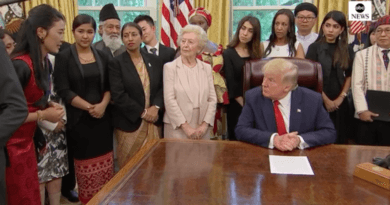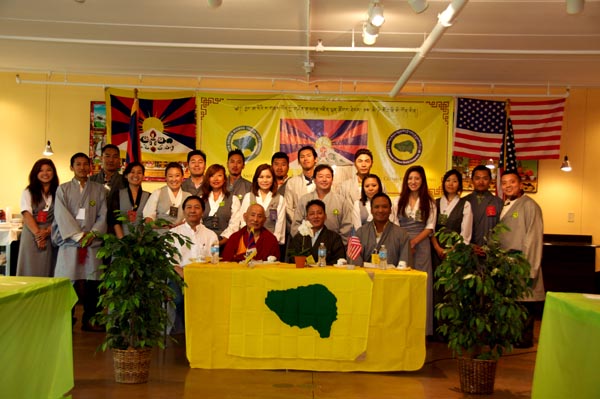Former Political Prisoner Tashi Wangchuk Beaten By Chinese Police
By Tsering Choephel

DHARAMSALA, 25 Oct: Tashi Wangchuk, a former Tibetan political prisoner and language rights activist, was detained and beaten by Chinese police personnel on 17 October. He was accused of committing a state crime for posting a video on his WeChat, as reported by Tibet Watch, the research wing of the London-based advocacy group, Free Tibet.
On 17 Oct, Wangchuk opened a car wash shop in Yushul, in the traditional Kham province of Tibet. Following local police instructions, he visited the Yushu City People’s Government to apply for a license for his new business. However, his request was denied.
The video in question, filmed by Tashi Wangchuk and later posted on his WeChat, documents the Yushu City People’s Government rejecting his license application for the new business.
Subsequently, he was arrested by the Urban Management and Law Enforcement Bureau and handed over to the Yushu City Public Security Bureau (PSB). There, Wangchuk was detained for three days and subjected to interrogation. He faced brutal beatings from the head of Yushu PSB and the Vice Mayor, Zhi Husai. Additionally, his new business was forcibly shut down.
Accused of committing a state crime by posting the video on his WeChat, Wangchuk expressed, “I can’t accept it because it’s my right and freedom of speech. I don’t know why they [the police] again put such a black hat on my head,” indicating false accusations.
On 22 May 2018, due to Tashi Wangchuk’s advocacy for Tibetan language rights, he was sentenced to five years in prison for what Chinese authorities called “inciting separatism.” Before this prison sentence, he had already been in detention for two years following New York Times coverage of his Tibetan language advocacy work under Chinese rule.
He was released from prison on 28 January 2021.
The suffering and struggle of Tibetan political prisoners persist even after their release. Many emerge from prison in poor health conditions due to torture and ill-treatment, with some passing away shortly after release. Besides health challenges, their prospects for livelihood are unjustly curtailed and made difficult by Chinese authorities.
The former Tibetan political prisoner was subjected to a brutal attack in August, which marked the first instance of such an assault when a group of unidentified masked men barged into his hotel room in Golok in eastern Tibet and thrashed him.
What’s even worse is that he had to endure the apathy of the Chinese authorities, including the police and doctors, who forced him to spend a night sitting on a stool in the hospital.






